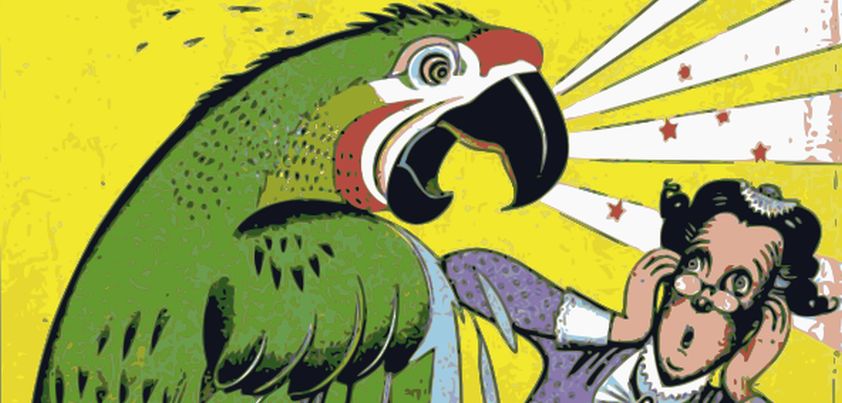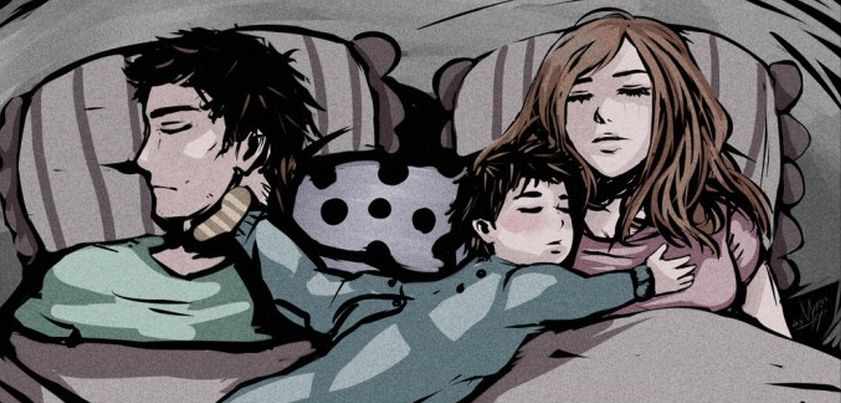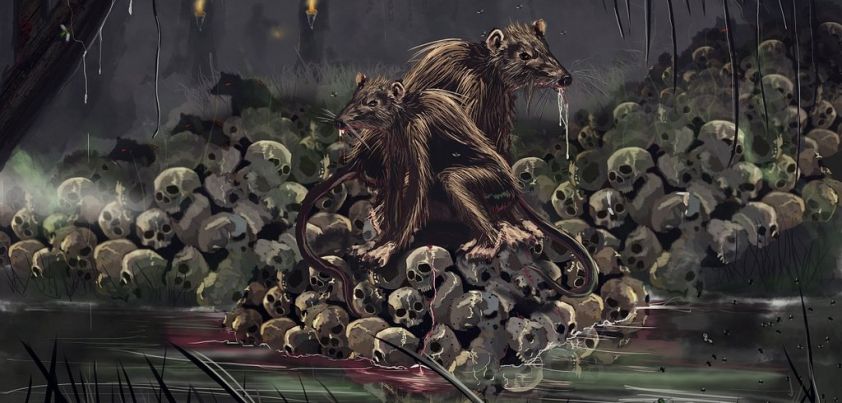 The message of this fable-like children’s story by Virginia Woolf is that kindness can lead to rich rewards. A frail old widow is so poor that sometimes she goes without food to give her dog its bone. One day, she learns that her miserly brother has died and left her a house and £3,000. The house, which is inhabited by a foul-mouthed parrot, is in terrible condition and there is no sign of her brother’s money. She treats the parrot kindly, and the clever bird not only saves her life, but also leads her to his gold. More…
The message of this fable-like children’s story by Virginia Woolf is that kindness can lead to rich rewards. A frail old widow is so poor that sometimes she goes without food to give her dog its bone. One day, she learns that her miserly brother has died and left her a house and £3,000. The house, which is inhabited by a foul-mouthed parrot, is in terrible condition and there is no sign of her brother’s money. She treats the parrot kindly, and the clever bird not only saves her life, but also leads her to his gold. More…
All posts by shortsonline
The Well
 In this story by Mariana Enríquez, a six-year-old girl changes dramatically after a family visit to a supposed witch. She develops a series of severe phobias that make it impossible to leave her house and live a normal childhood. In her teens, her older sister tells her that the witch’s visit cured her mother, grandmother and herself of similar fears. Seeking help, they revisit the witch and learn that her family had had the witch cast an irreversible spell transferring the “old evils” inhabiting themselves to the girl. Themes include irrational terror, demonic possession, betrayal, despair, the supernatural. More…
In this story by Mariana Enríquez, a six-year-old girl changes dramatically after a family visit to a supposed witch. She develops a series of severe phobias that make it impossible to leave her house and live a normal childhood. In her teens, her older sister tells her that the witch’s visit cured her mother, grandmother and herself of similar fears. Seeking help, they revisit the witch and learn that her family had had the witch cast an irreversible spell transferring the “old evils” inhabiting themselves to the girl. Themes include irrational terror, demonic possession, betrayal, despair, the supernatural. More…
Spring in Fialta
 Acclaimed as one of Vladimir Nabokov’s best stories, Spring in Fialta’s is a haunting reminiscence of what was and might have been. A businessman travels widely across Europe. On many occasions, and in different cities, he coincidentally comes across and enjoys brief dalliances with the same enigmatic woman. Both are married and know each other’s partners. He has strong romantic feelings for her, but is unsure if they are reciprocated. A meeting in Fialta, in which he tentatively admits his love, is their last before her tragic death. Themes include memories and the past, fate, love and desire, death, loss. More…
Acclaimed as one of Vladimir Nabokov’s best stories, Spring in Fialta’s is a haunting reminiscence of what was and might have been. A businessman travels widely across Europe. On many occasions, and in different cities, he coincidentally comes across and enjoys brief dalliances with the same enigmatic woman. Both are married and know each other’s partners. He has strong romantic feelings for her, but is unsure if they are reciprocated. A meeting in Fialta, in which he tentatively admits his love, is their last before her tragic death. Themes include memories and the past, fate, love and desire, death, loss. More…
My Oedipus Complex
 The term Oedipus Complex has its roots in psychology and Greek Mythology. In this coming of age story by Frank O’Connor, a five-year-old boy’s ordered life and close attachment to his mother are disrupted, firstly by his father’s return from World War 1, and later by the birth of a baby brother. During the war, the boy’s father is a mysterious, occasional visitor to be prayed for. On his return, his father becomes a fierce rival for his mother’s attentions and later, a fellow victim of the newborn’s demands. Themes include childhood innocence and imagination, mother/father-son relationships, jealousy, anger, understanding. More…
The term Oedipus Complex has its roots in psychology and Greek Mythology. In this coming of age story by Frank O’Connor, a five-year-old boy’s ordered life and close attachment to his mother are disrupted, firstly by his father’s return from World War 1, and later by the birth of a baby brother. During the war, the boy’s father is a mysterious, occasional visitor to be prayed for. On his return, his father becomes a fierce rival for his mother’s attentions and later, a fellow victim of the newborn’s demands. Themes include childhood innocence and imagination, mother/father-son relationships, jealousy, anger, understanding. More…
The Rats in the Walls
 In this story by H. P. Lovecraft, the sound of a swarm of rats in the walls of his recently restored family castle causes the last of a long line of British aristocrats to lead a group of scientists to explore its long-sealed lower chambers. There they find a hidden city and evidence spanning many millennia of the capture and farming of human and quadrupedal sub-human beings for sacrifice and consumption. The excitement is too much for the owner, who quickly reverts to his old family ways. Themes include heritage and identity, genetic madness, paganism, human sacrifice. More…
In this story by H. P. Lovecraft, the sound of a swarm of rats in the walls of his recently restored family castle causes the last of a long line of British aristocrats to lead a group of scientists to explore its long-sealed lower chambers. There they find a hidden city and evidence spanning many millennia of the capture and farming of human and quadrupedal sub-human beings for sacrifice and consumption. The excitement is too much for the owner, who quickly reverts to his old family ways. Themes include heritage and identity, genetic madness, paganism, human sacrifice. More…